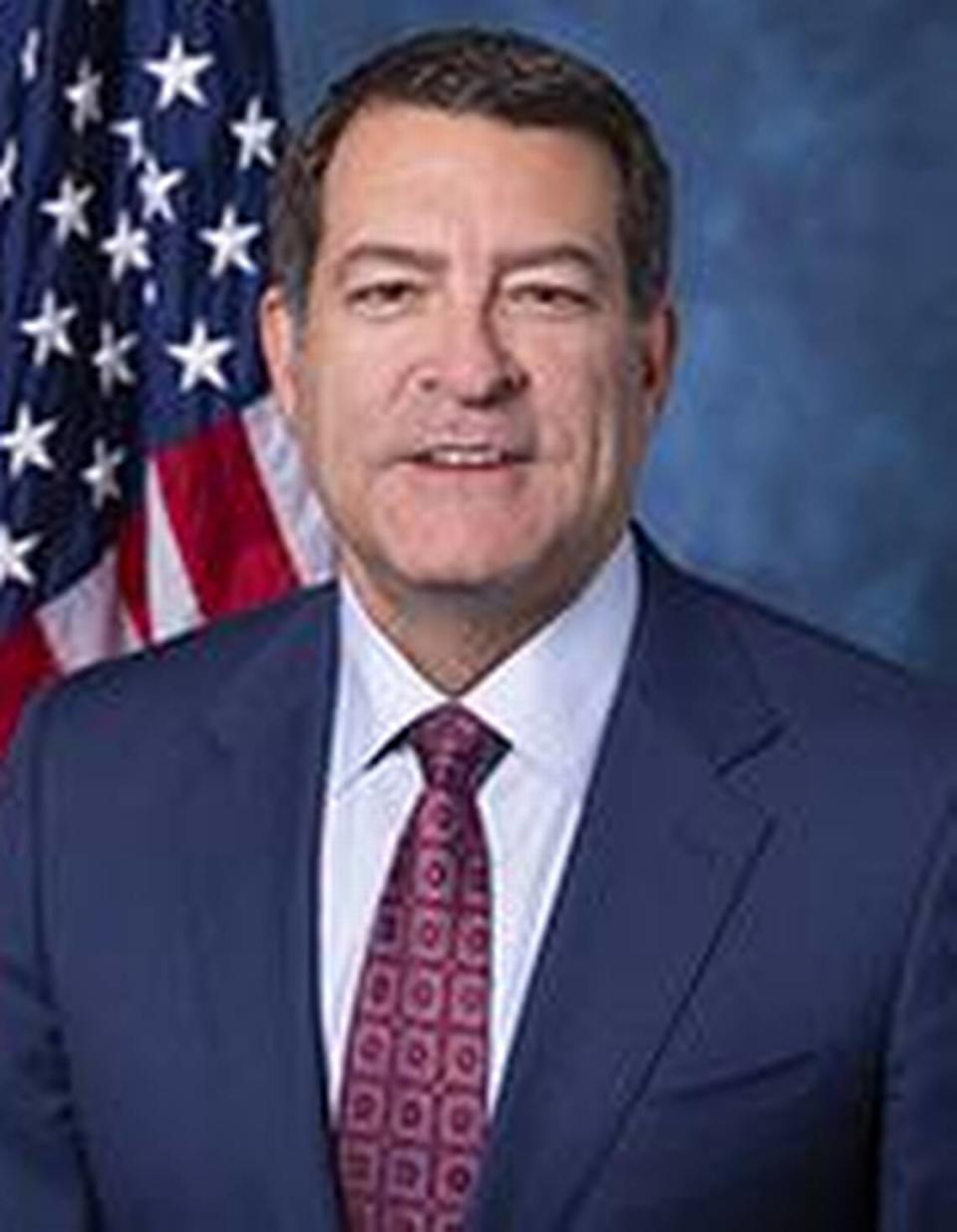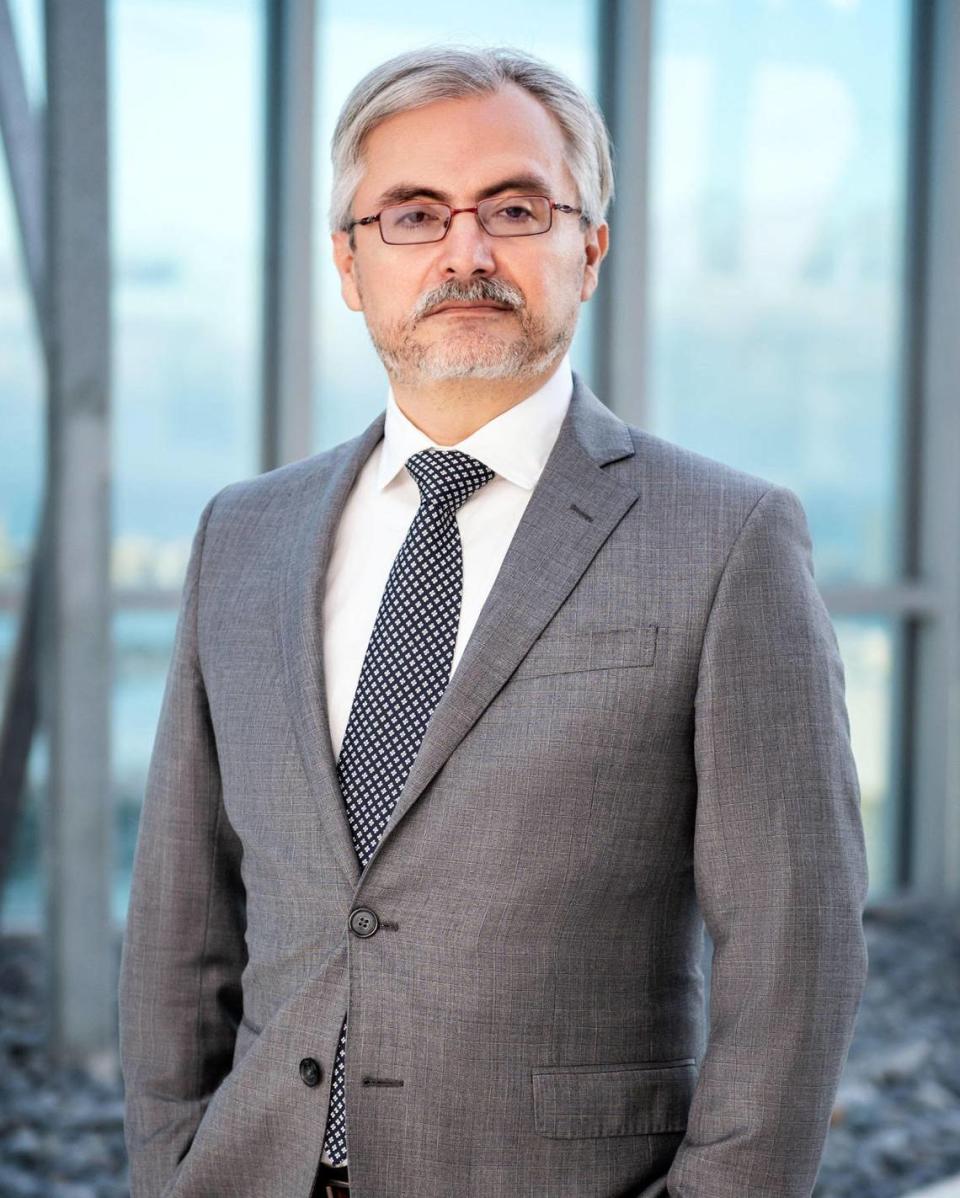Cuba’s leaders may have changed, but the regime remains a threat to our interests | Opinion
The threat of communism is closer to home than many people realize. Ninety miles from our shores sits a regime that has used the island of Cuba to imprison its own people under a reign of terror for more than six decades. But the proof of communism’s failure as an ideology? Cuba’s economy is in crisis.
Unfortunately, the impact of this regime isn’t limited to Cuba’s borders. The Castro, and now Díaz-Canel, regime has pushed its destructive ideology across the globe, openly declaring its intention to cause the downfall of the United States and standing with our enemies in threatening nuclear war to achieve its objectives.
The Cuban regime has evolved from a hardline Marxist-Leninist entity into a transnational criminal organization, which operates in social movements, politics and international organizations, even using cyberspace to achieve its goals.
This communist regime wields total power. It controls the government, the economy, and social spheres. No area of society is off limits, and it is dangerous. The Cuban regime violates human rights, exacerbates conflicts, provokes mass immigration, and facilitates the inflow of illegal drugs into the United States. It also sponsors and harbors known terrorists and helps terrorist organizations attack democratically elected governments and allies of the United States.
The Cuban regime is a threat to U.S. national security and works against U.S. interests in our hemisphere and around the globe. Its leader, Miguel Díaz-Canel, the first non-Castro leader of Cuba since the revolution, has declared the United States an enemy and has committed Cuban support for Russia in the war in Ukraine. On top of this, The Wall Street Journal recently reported that Cuba is going to host an electronic eavesdropping facility focused on the United States that could give Beijing access to U.S. emails, phone calls and satellite transmissions. This is a threat to Americans’ privacy and our national security.
Cuba has turned its own citizens into slaves, treating them like commodities instead of human beings. In the Trafficking in Persons report, U.S. Secretary of State Antony Blinken defined Cuba’s medical brigades as state-sponsored human trafficking. Much to the shame of the United States, the Pan American Health Organization (PAHO) participated in this state-sponsored human trafficking when it assisted Cuba in sending medical personnel to Brazil.
These doctors were often subjected to horrific conditions and were treated as slaves: told who to talk to, when to go to bed, how to treat patients and unable to break their employment contracts without retribution. That’s why I, as chair of the U.S. House Homeland Security Committee wrote a letter demanding the conclusions of an independent investigation into PAHO’s role in this program.
One of the most important legacies of the United States is the fight to protect human rights; one of the biggest violators of this objective globally sits right off our shores.
It is time to call the Cuban Communist Party what it is — a mafia state that is a threat to U.S. national security interests. The United States must take a strategic approach to understand and address the threat the regime poses. Failure to do so will result in further harm to our interests and regional stability.
U.S. Rep. Mark Green, R-Tennessee, is chair of the House Homeland Security Committee and serves on the House Armed Services and Foreign Affairs committees. Hugo Antonio Acha is the International Fellow for Bolivia for the Center for a Secure Free Society. He is also director of research and outreach for the Foundation for Human Rights in Cuba.



